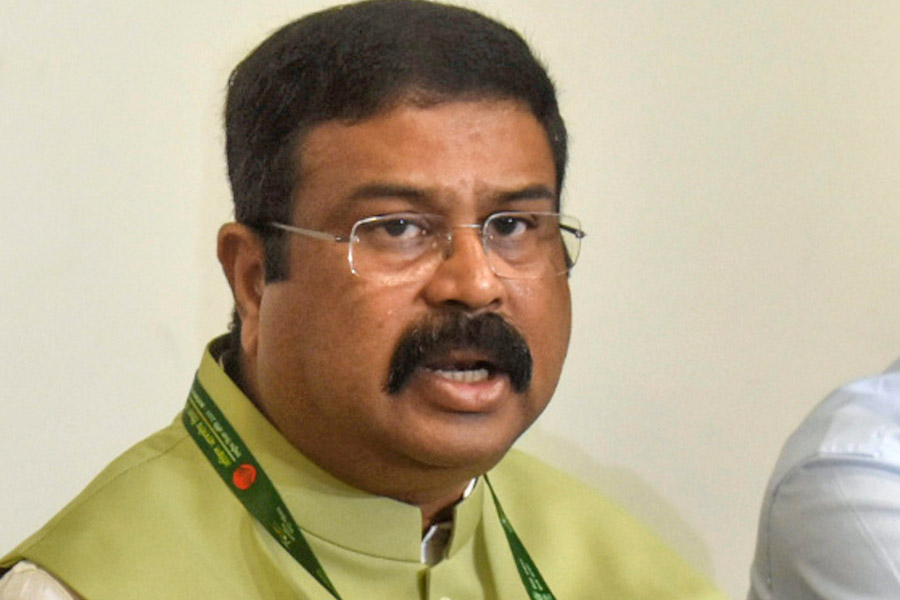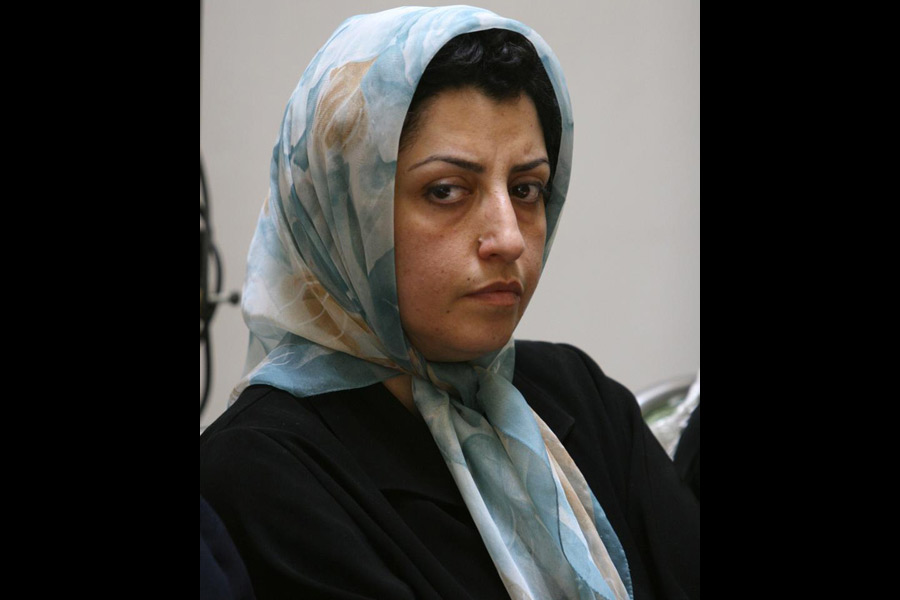The Centre has been running a volunteer-based literacy scheme in the online mode for nearly three years without finalising its guidelines.
The New India Literacy Programme (NILP) was started on April 1, 2022, to improve the literacy rate among adults.
However, the education ministry is yet to finalise the guidelines after several states objected to the online mode as Internet access remains a major issue in rural India.
According to the 2011 census, 74 per cent of India’s adult population was literate. The Saakshar Bharat scheme introduced by the UPA government in 2009 was replaced by the Padhna Likhna Abhiyan in 2020 to impart functional literacy to non-literates aged 15 and above. However, the scheme could not make much headway because of the Covid-19 pandemic.
In 2017-18, an estimated 18.12 crore adults in India were non-literate.
In January 2022, the cabinet approved the NILP with an outlay of ₹1,038 crore to implement the programme in collaboration with states till 2026-27 to cover 5 crore non-literates.
The scheme focuses on imparting foundation literacy and numeracy, critical life skills, basic education, vocational education and continuing education in the online mode. The instructors offer their services for free.
According to the draft guidelines prepared by the education ministry, volunteers include school students of Class V and above, pre-service students in teacher education institutes, community members, homemakers, anganwadi workers and teachers.
“The students of Class V and above can start with handholding the non-literate members of their own family. School students who do not have any non-literate in their family will also be encouraged to teach the other members of their villages, mohallas, etc,” the draft guidelines said.
Around a dozen states had opposed the provision of online education after the draft guidelines were made public. The guidelines have not been finalised till date.
“The implementation of any scheme depends on guidelines. If it is not finalised, it is left to states to decide their path. Monitoring of progress becomes difficult too without objectively verifiable indicators,” an official said. He said draft guidelines do not carry legitimacy and accountability.
Rajesh, a faculty member at the department of adult continuing education at Delhi University, said the scheme was being implemented based on the draft guidelines.
According to the Periodic Labour Force Survey for 2023-24, conducted by the National Statistical Office, 22.25 per cent of people were non-literates.
Rajesh defended the engagement of school students as volunteers.
“The students will get certain credits for volunteering. These volunteers do it as part of their social outreach behaviour,” he said.










